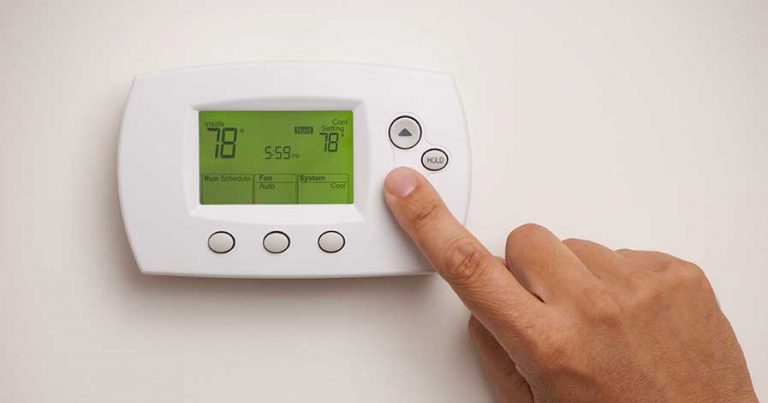Investing in a Quality HVAC System
What is a HVAC System?
Have you ever asked yourself, “what is a HVAC system?” HVAC stands for heating, ventilation, and air condition. Homeowners who are not familiar with these systems will have a harder time purchasing and upgrading climate-control appliances and equipment.
Climate-control equipment often represents a significant investment and homeowners who fail to educate themselves about various equipment and purchasing options could be making a costly mistake. Learning more about HVAC systems and their components helps to ensure that smarter decisions are made when purchasing a new appliance or upgrading the system.
HVAC systems are comprised of furnaces, AC units and other climate-control appliances as well as the ducts and vents needed to circulate air throughout an interior environment.
Heat is provided by furnaces which may be either a single centrally-located unit or multiple smaller appliances that provide room and area-specific heating. Cooling is provided in much the same way by one or more AC units. HVAC systems may be made up of one or more window and wall-mounted devices, a centrally located system that moves air throughout the home through ducts or a combination of the two.
Quality Components and Equipment Options
While major home appliances often come with a hefty price tag, well-made appliances and HVAC equipment can provide a decade or more of dependable service when well maintained. Investing in low-quality appliances could result in owners replacing furnaces or AC units prematurely if their equipment wears out or begins to suffer from mechanical issues.
For home and property owners who are seeking to replace only HVAC systems or who wish to enjoy the many benefits that only newer-model appliances may be able to offer, selecting and investing in higher quality HVAC components and equipment options should always be made a top priority.
Financing and Rent to Own Options
Renting furnaces, AC units and other HVAC components can help offset the cost of purchase and installation. Financing options may also be found and can help homeowners to ensure that the cost of replacing AC units or finances is less likely to place strain on their household finances. Homeowners may even qualify for programs that provide financial assistance when replacing furnaces or older equipment in order to create a more sustainable and energy-efficient household.
Renting AC units and other climate-control appliances through a rent-to-own program helps to ensure that households with limited means are able to find HVAC equipment options that will fit their budget as well as their needs.
Installation and Maintenance
While a portable, free-standing space heater may only need to be plugged into a wall outlet, a central furnace often requires a multi-step installation process. Installation costs and options should be considered carefully whenever replacing AC units, furnaces or other major household appliances.
Maintenance is another issue that may need to be considered when upgrading an existing HVAC system. Replacing furnaces that may be long past their prime is often more cost effective in the long run as older-model appliances that require frequent service and repairs can become too expensive to maintain.
Utility Costs and Property Values
Renting furnaces or renting AC units through a rent-to-own program is a great way for homeowners to increase the value of their property. Older HVAC systems that may suffer from performance issue or be unable to create and maintain a comfortable interior environment can often be more trouble than they are worth.
Furnaces, AC units and climate-control systems that have been designed for optimal efficiency can help minimize heating and cooling costs without requiring homeowners to sacrifice their comfort. Investing in superior quality HVAC components, equipment and appliances can often be a more cost-effective undertaking than many homeowners might think.


